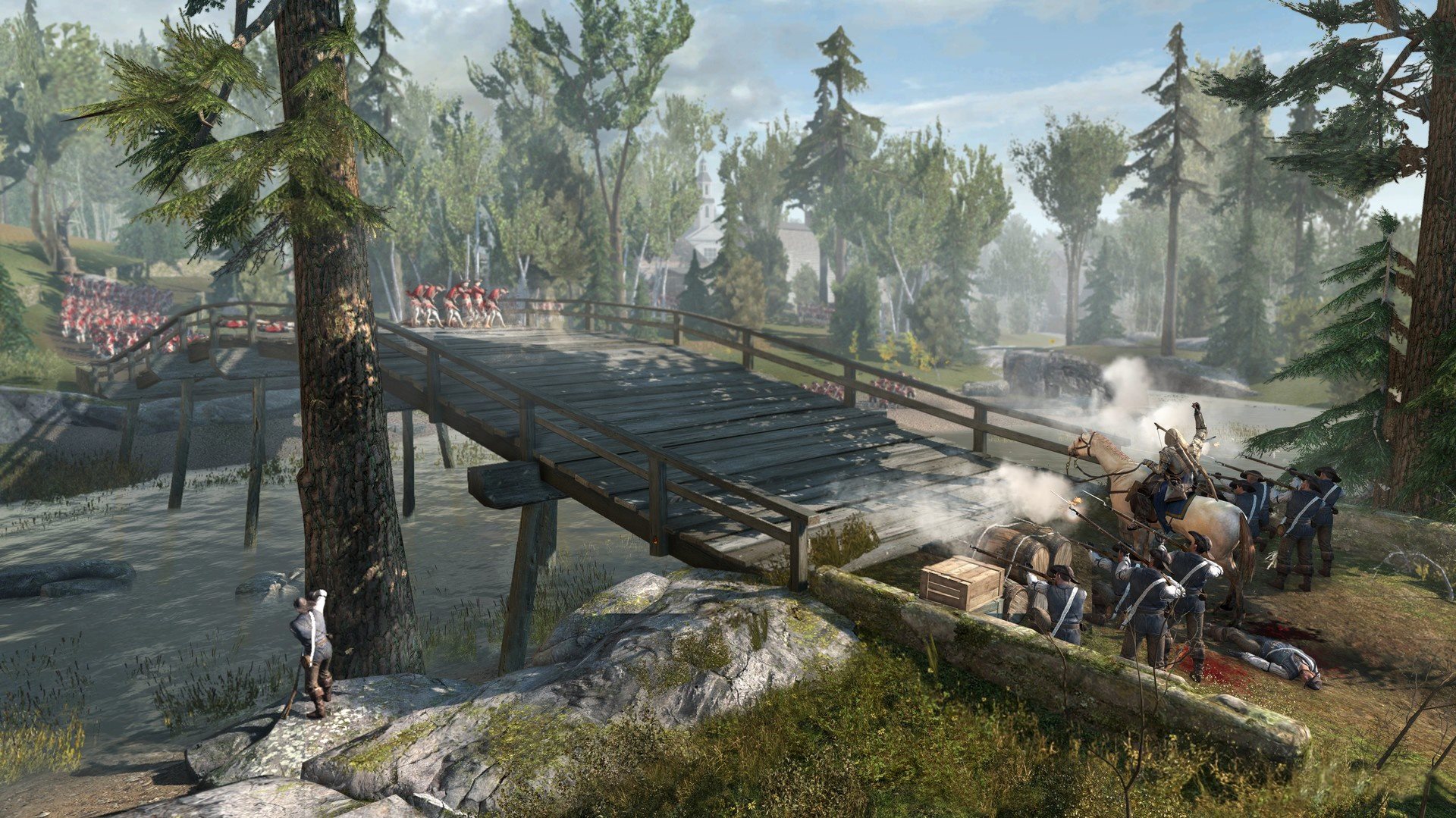The Battles of Lexington and Concord, fought on April 19, 1775, marked the beginning of armed conflict between Great Britain and its American colonies. Often considered the “shot heard ’round the world,” these skirmishes have left an indelible mark on American history and memory. This article explores the legacy of Lexington and Concord, examining how these events have shaped American identity, nationalism, and collective memory over the years.
The Historical Context of Lexington and Concord
Before diving into their legacy, it is essential to understand the historical context surrounding the Battles of Lexington and Concord. By the 1770s, tensions between the American colonies and British authorities had escalated due to a series of acts imposed by the British Parliament, including:
- The Stamp Act (1765)
- The Townshend Acts (1767)
- The Intolerable Acts (1774)
These measures were met with growing resistance from the colonists, who began to organize themselves against British rule. The formation of the Continental Congress and the establishment of local militias indicated a shift towards a more unified opposition. The British response, particularly their decision to seize colonial arms and arrest rebel leaders, set the stage for the confrontations at Lexington and Concord.
The Battles: A Turning Point in American History
The engagements at Lexington and Concord were significant for several reasons:
- They were the first military engagements of the American Revolutionary War.
- They galvanized colonial resistance and unified disparate groups against a common enemy.
- They demonstrated the determination of the American colonists to defend their rights and liberties.
The initial confrontation at Lexington involved approximately 77 colonial militiamen confronting British troops. The exact circumstances of the first shot remain a point of contention, but it symbolized the escalation of conflict. Following this, the British faced fierce resistance as they marched to Concord, where they encountered a larger contingent of militia. The aftermath saw the British retreat under heavy fire, illustrating the effectiveness of colonial resistance.
Commemoration and Memory in American Culture

In the years following the battles, the memory of Lexington and Concord became a powerful symbol of American resistance and the fight for independence. Several factors contributed to the way these events were commemorated and remembered:
1. The Role of Oral Tradition

Storytelling played a crucial role in the transmission of memory surrounding Lexington and Concord. Eyewitness accounts and narratives were disseminated through pamphlets and newspapers, shaping public perception. Notable figures like Paul Revere and Samuel Adams became folk heroes, their exploits immortalized in stories that emphasized bravery and patriotism.
2. Historical Monuments and Memorials

As America evolved, so did the physical representations of its historical memory. Key efforts to commemorate Lexington and Concord include:
- The Minute Man National Historical Park, established in 1959, preserves and interprets the events of April 19, 1775.
- The Lexington Battle Green and the Concord Battle Monument serve as historical landmarks, attracting visitors and educators.
These sites not only honor the sacrifices made but also serve as focal points for discussions on liberty and the American spirit.
3. Literature and Education
The legacy of Lexington and Concord has also been cemented through literature and educational curricula. Textbooks often highlight these battles as pivotal moments in American history, emphasizing themes of resistance, sacrifice, and the quest for freedom. Classic pieces of literature, such as Longfellow’s “Paul Revere’s Ride,” have romanticized the events, embedding them deeper into the national psyche.
The Legacy of Liberty and National Identity
The legacy of Lexington and Concord extends beyond mere historical facts; it has shaped American national identity in profound ways. The battles are often invoked in discussions of:
1. The Right to Bear Arms

The confrontations at Lexington and Concord are frequently cited in debates concerning the Second Amendment and the right to bear arms. Proponents argue that the battles exemplify the necessity of an armed populace to resist tyranny. This interpretation has led to a deep-rooted association between gun rights and the legacy of these early skirmishes.
2. The Spirit of Resistance
Lexington and Concord serve as a touchstone for various movements advocating for civil rights, social justice, and anti-establishment sentiments. Activists often reference the idea of standing up against oppression, drawing parallels between past struggles and contemporary issues. This connection reinforces the notion that the battles symbolize a broader fight for liberty and justice.
3. National Holidays and Celebrations
The events of April 19th are commemorated in various ways across the nation, with reenactments, parades, and educational events highlighting their significance. Patriots’ Day, celebrated in Massachusetts and Maine, honors these battles, ensuring that their memory continues to resonate with future generations.
Challenges to the Legacy
Despite their prominent place in American memory, the legacy of Lexington and Concord is not without challenges and reinterpretations. Some historians argue that the narrative surrounding these battles has been overly romanticized, neglecting the complexities of colonial society and the motivations behind the conflict. Others contend that:
- The focus on military engagements overshadows the political and social factors that contributed to the Revolutionary War.
- Contemporary discussions around race and class complicate the legacy of these events, as they must be contextualized within the broader struggle for rights and freedoms in America.
These critiques call for a more nuanced understanding of the battles and their implications, encouraging a holistic examination of American history.
Conclusion: The Enduring Legacy of Lexington and Concord
The Battles of Lexington and Concord are more than just historical events; they represent the birth of a nation and the ongoing struggle for liberty and justice. Their legacy has been intricately woven into the fabric of American identity, influencing everything from literature to social movements. As we reflect on these battles, it is essential to acknowledge both the triumphs and complexities of this history, ensuring that the lessons learned continue to inform our understanding of freedom and resistance in America.
Ultimately, the memory of Lexington and Concord serves as a reminder that the fight for liberty is ongoing, and the stories of those who stood against tyranny will continue to inspire future generations. Through commemoration, education, and critical reflection, the legacy of these battles will endure as a cornerstone of American memory.